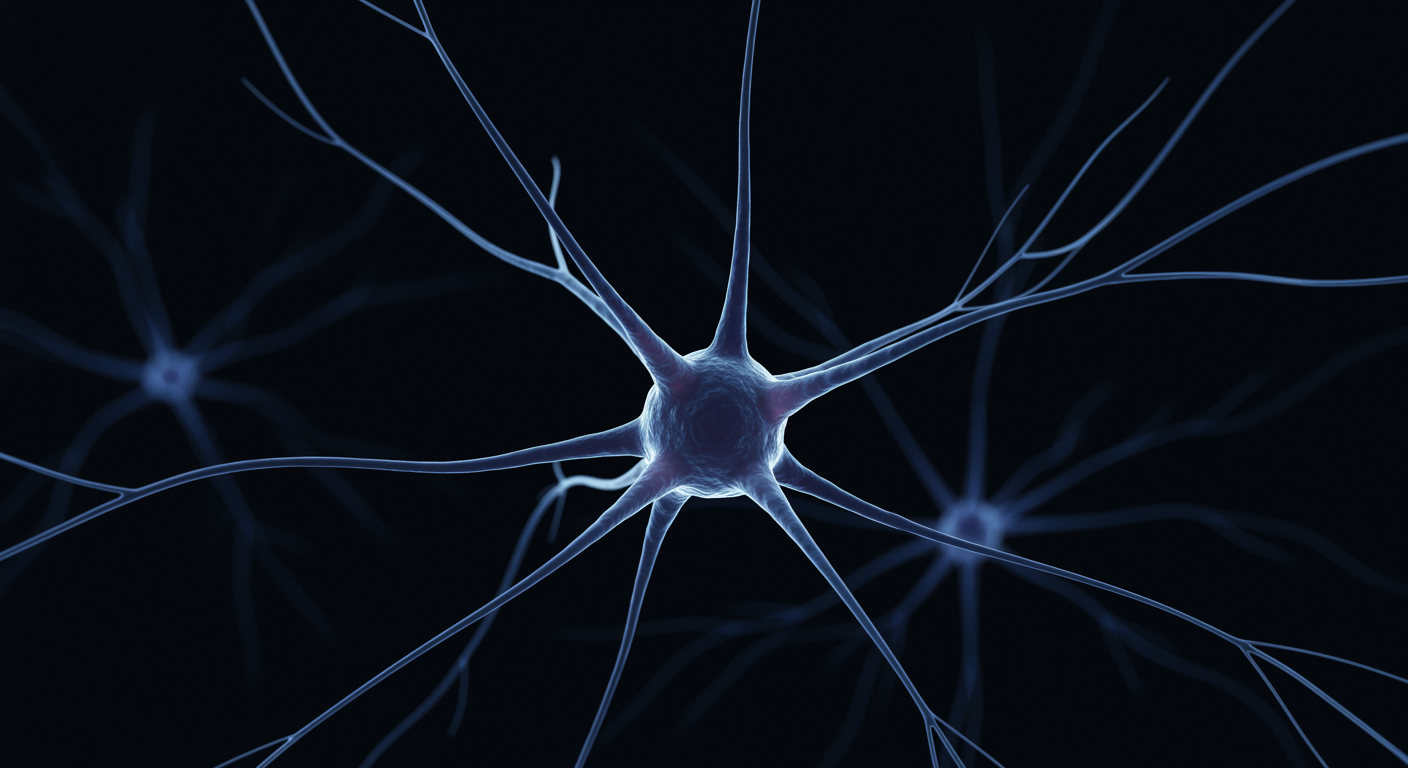Can Perimenopause Cause Depression in Women Who’ve Never Been Depressed?
Absolutely. Perimenopause can trigger first-onset mood disorders in up to 25% of women with no prior history of depression or anxiety. The dramatic hormonal fluctuations during this transition create a biological vulnerability to mood disorders that’s independent of life circumstances, genetics, or previous mental health history.
Dr. Kumar’s Take
This is one of the most important concepts for women and their providers to understand. When a previously mentally healthy woman develops depression or anxiety during perimenopause, it’s not a character flaw or inability to cope with aging. It’s a hormonally-driven medical condition that deserves recognition and appropriate treatment. Too many women are told their symptoms are “just stress” when they’re actually experiencing a biological phenomenon that responds well to hormonal intervention.
What the Research Shows
Studies demonstrate that women are 2.5 times more likely to experience their first episode of depression during perimenopause compared to their premenopausal years. This increased risk occurs even after controlling for psychosocial stressors, sleep disruption, and other life factors. The risk is highest during early perimenopause when hormone levels are most volatile. Women with more severe vasomotor symptoms (hot flashes) and sleep disturbances have the highest rates of first-onset mood disorders.
How This Works (Biological Rationale)
The dramatic fluctuations in estrogen and progesterone during perimenopause directly affect neurotransmitter systems involved in mood regulation. Estrogen withdrawal reduces serotonin synthesis and receptor sensitivity, while declining progesterone eliminates the calming effects of its metabolite allopregnanolone. These hormonal changes can overwhelm the brain’s ability to maintain mood stability, even in women who have never experienced mental health issues. The unpredictable nature of hormonal swings during perimenopause makes mood symptoms particularly challenging to manage.
Practical Takeaways
- Recognize that developing depression or anxiety during perimenopause doesn’t reflect personal weakness or inability to cope
- Understand that first-onset mood disorders during this time are primarily biological, not psychological
- Seek evaluation from providers who understand the connection between hormonal fluctuations and mood
- Consider hormone therapy as a first-line treatment for mood symptoms that develop during perimenopause
- Know that stabilizing hormones often resolves mood symptoms more effectively than treating depression alone
- Don’t dismiss mood changes as “just part of menopause” when effective treatments are available
What This Means for Perimenopause and Menopause Care
This research validates that perimenopause represents a distinct period of vulnerability for mood disorders, even in previously healthy women. It challenges the notion that mood changes during this time are simply psychological responses to aging or life changes. Understanding the biological basis of first-onset mood disorders during perimenopause supports comprehensive care that addresses hormonal causes rather than just managing psychiatric symptoms.
Related Studies and Research
Perimenopausal depression: review of recent findings and implications for future research
Episode 31: Depression Explained — The Biology Behind the Darkness
Episode 32: Depression Recovery Roadmap: A Step-by-Step, Evidence-Based Plan
Hormonal Agents for the Treatment of Depression Associated with the Menopause
Episode 27: Perimenopause, Menopause, and HRT - What Every Woman Should Know
FAQs
I’ve never been depressed before, but I’m feeling terrible during perimenopause. Is this normal?
Yes, this is very common. Up to 25% of women experience their first mood disorder during perimenopause due to hormonal fluctuations, even with no prior mental health history.
Should I see a psychiatrist or a menopause specialist for these new mood symptoms?
Consider starting with a menopause specialist who understands hormonal influences on mood. If your symptoms developed during perimenopause, hormone therapy may be more effective than traditional psychiatric approaches.
Will these mood symptoms go away after menopause?
Many women find that mood symptoms improve once hormone levels stabilize after menopause, but some may need continued treatment. Early intervention often leads to better outcomes.
Bottom Line
Perimenopause can trigger first-onset mood disorders in previously healthy women due to dramatic hormonal fluctuations. This is a biological phenomenon, not a personal failing, and deserves recognition and appropriate treatment that addresses the underlying hormonal causes.


